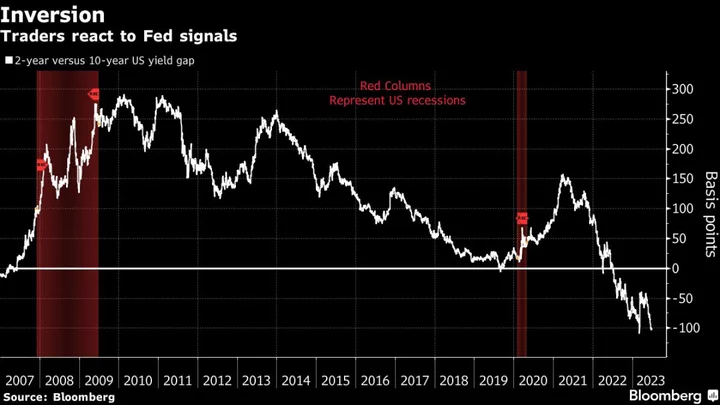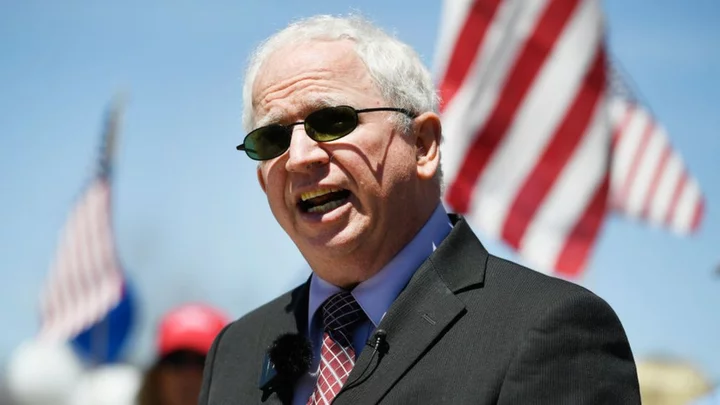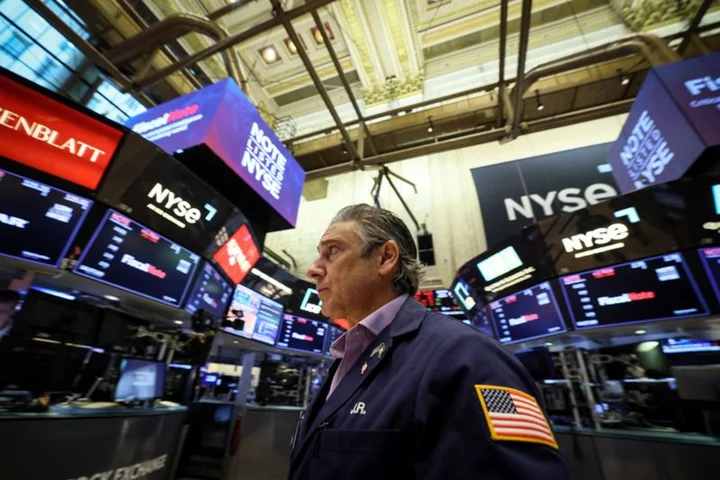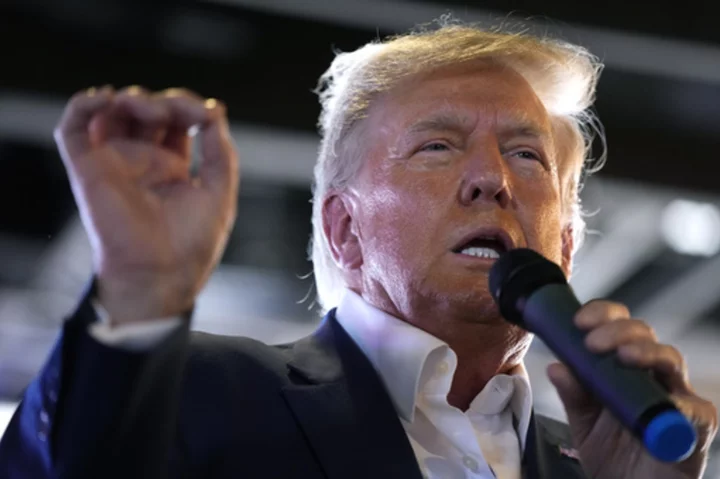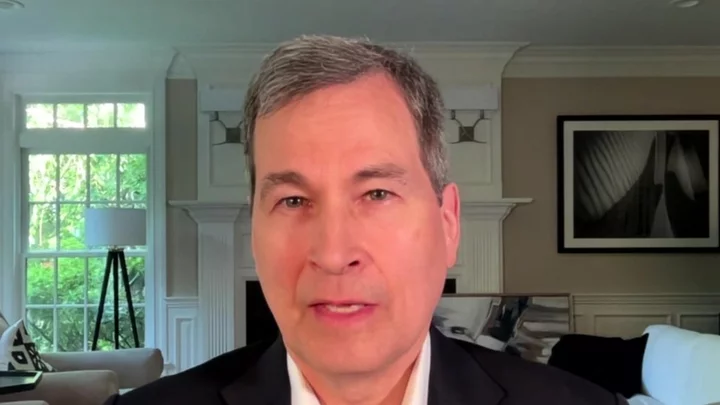A recession is coming, and ESG investors may be among those who stand to lose the most.
That’s according to James Penny, the chief investment officer of TAM Asset Management and a veteran of ESG investing who correctly predicted the upheaval last year that hit funds dedicated to environmental, social and governance strategies.
“We are headed towards a recession as rates remain higher with inflation proving sticky,” said Penny, who doesn’t invest directly in stocks and bonds but instead buys funds. “The second half of the year will prove very interesting when it comes to the strength of the consumer.”
Penny says the combination of high inflation, high interest rates and a recession would be a particularly dangerous cocktail for the kinds of businesses that tend to be preferred by investors screening for ESG risks.
There are “a lot of ESG companies relying on debt, relying on funding,” Penny said. “This environment is going to be difficult for them.”
It’s a scenario that depends a great deal on how interest rates and inflation develop. The Federal Reserve in June left rates unchanged for the first time after 15 months of hikes, but signaled more tightening this year. The European Central Bank has been raising rates at the fastest pace in its history, and is also indicating there’s more to come.
Germany, Europe’s largest economy, already sank into a recession earlier this year. And in the UK, persistently high inflation has traders betting on a Bank of England rate above 6.25%, a level not seen in over two decades.
Stephanomics: Why a Recession Might Happen in Time for 2024 Election (Podcast)
For now, central bank policymakers are signaling they think the economy is resilient enough to tolerate more hikes. Fed Chair Jerome Powell has acknowledged that a recession is possible as a result of continued increases in rates, but says it’s not his base case. Fed staff economists forecast a “mild recession” starting later this year.
The International Energy Agency says that supporting the transition to a low-carbon future requires that the companies behind that evolution have access to low-cost financing, particularly in emerging and developing economies. The IEA also noted in a December 2021 report that clean energy companies “rely on much higher levels of both equity and debt” than other sectors.
A separate paper published in March 2021 by the IEA together with the Imperial College Business School and the Centre for Climate Finance & Investment noted that globally, renewable power companies remain more leveraged than fossil fuel companies. In advanced economies, the debt-to-equity ratio of clean energy companies is close to 1, meaning they have almost as much debt as they do equity. For fossil fuel companies, that ratio is around 0.6.
As interest rates rise, those companies will see their financing costs go up, depending on their repayment profiles.
Penny said there are “a lot of companies that are still surviving” in the current climate, even after a rapid cycle of rate hikes. But the outlook will become increasingly challenging, he said.
The more a recession scenario starts to play out, “the more you’re going to start to see ESG-orientated companies that don’t have any revenue struggle, especially now when they can’t refinance their debt,” he said.
Penny also warned that a recession has the potential to upend the current rules of investing. “What generates a recession rips apart the status quo,” he said.
For investors who can ride out a period of turbulence, though, Penny says betting on ESG still makes a lot of sense.
Whatever the economic cycle, “the ESG world is only going to get stronger and stronger and stronger,” he said. “You’re going to see some resilience in the ESG market regardless of whether they’re growth or whether they’re value or whether they’re high quality. The world is going to need them for the next chapter.”
--With assistance from Greg Ritchie.
(Adds references to Fed minutes iun eighth paragraph.)

